Associated Partners

Università degli studi di Roma “Tor Vergata”
Via Cracovia 50, 00133 Roma – Italy
Contact: Prof Alessandro Campus
Email: alessandro.campus@uniroma2.it
Type of Institution: University
website: http://web.uniroma2.it
The University of Rome ‘Tor Vergata’ began teaching in 1982. Designed on the model of Anglo-Saxon campuses, it occupies an area of approximately 600 hectares. This particular extension has made it possible to develop each of the six Macroareas into separate structures, built in large dedicated spaces.
The University is strongly committed to promoting the international dimension of studies and research, both in its undergraduate and doctoral programmes. There are also joint research programmes (thematic and interdisciplinary), academic exchanges and agreements for the mutual recognition of training credits with the world’s most prestigious universities, with over 800 agreements (bilateral and cultural/scientific cooperation).
“Tor Vergata” is working hard to develop multiple lines of activity related to the “third mission”, thanks to which it creates stable processes of direct interaction with civil society, institutions and the business community, with the aim of promoting culture, social innovation and territorial growth.
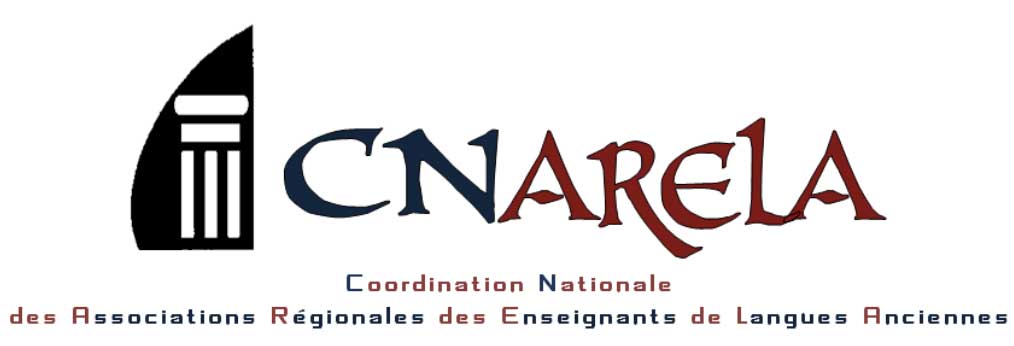
Coordination Nationale des Associations Régionales des Enseignants de Langues Anciennes (CNARELA)
François Martin, 40, rue Godefroy Cavaignac, 75011 Paris – France
Contact: Dr Hélène Frangoulis
Email: helene.frangoulis@wanadoo.fr
Type of Institution: Association régie par la loi de 1901 (France)
website: cnarela.wixsite.com/cnarela
La CNARELA coordonne 26 associations régionales dont le but est de défendre l’enseignement des langues anciennes dans les établisements secondaires et supérieurs. L’association a aussi pour objectif de promouvoir les langues et cultures de l’antiquité auprès d’un large public.
Au niveau européen, la CNARELA est membre d’EUROCLASSICA.

ISS Copernico Fasoli – Rete Scuola e Territorio
Via Anti 5, 37132 Verona – Italy
Contact: Prof Sara Agostini
Email: agostini-sara@copernicopasoli.it
Type of Institution: High School Institution – Network of National and Peer Schools
website: www.copernicopasoli.edu.it
Our school is the leader of a network of almost 60 schools, that includes more than half of the educational Institutes in Verona and province and some schools belonging to other Italian regions. The experienced network teachers work with students up to 18 years of age. Students will be able to share every step of the project during its development in order to keep it alive and updated for all schools, teachers and general users. Translation into the main European languages studied is also possible (in addition to English, Italian, Spanish, German, French, Chinese and Russian). A constant confrontation among teachers will be necessary to verify the effectiveness of the atlas.
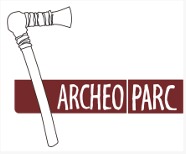
ArcheoPark Val Senales
Madonna di Senales 163, 39029 Senales – Italy
Contact: Dr Joanna Niederkofler
Email: johannaniederkofler@
Type of Institution: Archaeological Open-Air Museum
website: www.archeoparc.it
The ArcheoParc is an archaeological open-air museum with a visitor center in Val Senales valley in northern Italy.
The subject of the exhibitions and the daily programs is how Ötzi the Iceman lived here in the Alps 5,300 years ago and the nearby glacier-site where he was found. The leadership of the institution is delegated to a private association, the “Archeoparc Senales associazione museale”.
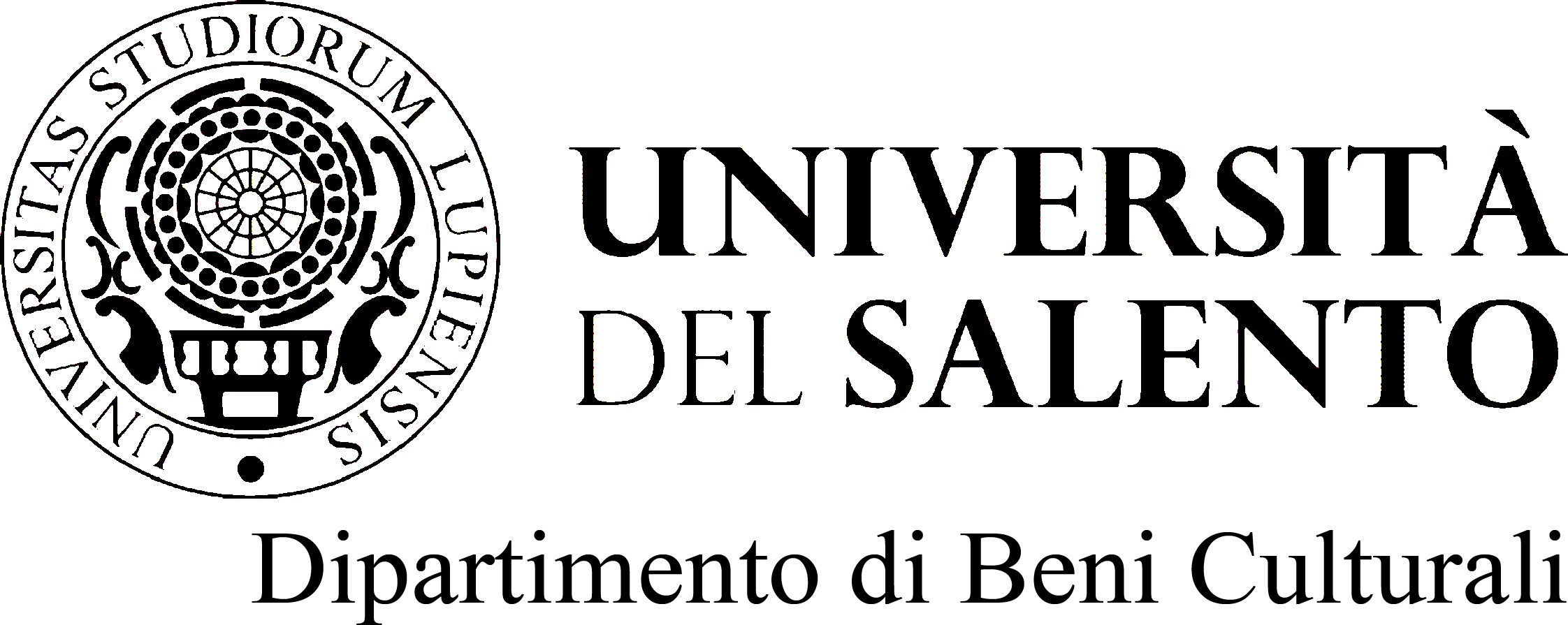
Università del Salento, Dip.to Beni Culturali
Piazza Tancredi 7, 73100 Lecce LE – Italy
Contact: Prof Giovanni Mastronuzzi
Type of Institution: University
website: bbcc.unisalento.it/
The Department of Cultural Heritage carries out studies and research in the field of knowledge and valorisation of Cultural Heritage at national and international level as a training centre but also as a research, consultancy and service centre. The University Department have the objective of the dissemination of the results coming from the research, especially those concerning the archaeology and the history of its territory, through the implementation of web accessible databases and GIS systems and through seminars and conferences.
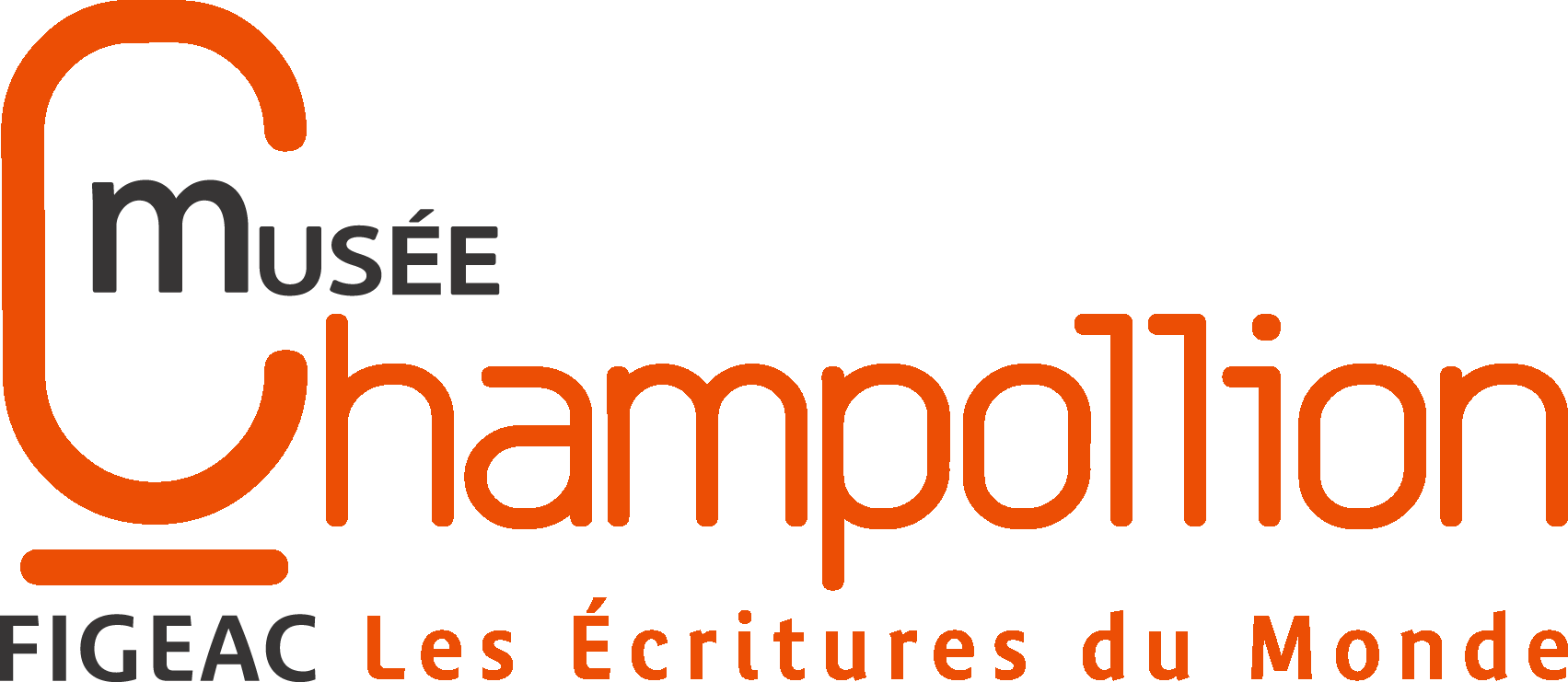

Musée Champollion Figéac. Les Écritures du Monde
Place Champollion, 46100 Figeac – France
Contact: Dr Céline Ramio
Email: celine.ramio@ville-figeac.fr
Type of Insitution: Museum
website: www.musee-champollion.fr
The museum’s itinerary takes you to the heart of the history of writing. It highlights the work of Champollion, born in Figeac in 1790, and how he unravelled the mystery of hieroglyphics. Based on his work, the collections tell the story of the fabulous adventure of writing that began 5300 years ago. They invite you to take a journey through the cultures of the whole world by exploring the key moments in the history of writing: its birth, the invention of alphabets and the history of the book up to the writing of the digital age.

Consejo Superior de Investigaciones Científicas (CSIC)
Serrano 117, 28006 Madrid – Spain
Contact: Dr Guillermo Sanjuanbenito
Email: programas.europeos@csic.es
Type of Insitution: State Agency for scientific research and technological development
website: www.csic.es
The Spanish National Research Council (CSIC) is a State Agency for scientific research and technological development, with distinct legal personality, its own patrimony and treasury, functional and managerial autonomy, full legal capacity and indefinite duration.
It is the largest public institution in Spain dedicated to research and one of the most renowned of the European Research Area (ERA). It is ascribed to the Spanish Ministry of Science and Innovation through the General Secretariat for Research.

Museo de Zaragoza
Plaza de los Sitios, 6 Saragoza Aragón – Spain
Contact: Dr Isidro Aguileira
Email: iaguilera@aragon.es
Type of Insitution: Museum
website: http://www.museodezaragoza.es
Zaragoza Museum is a national museum in the Plaza de los Sitios (Zaragoza, Spain). Its collections range from the Prehistory to the modern era and include archaeology, fine arts, ethnology and Iberian ceramics. It is the city’s oldest museum and its main building -housing the fine arts and archaeology display- is the Neo-Renaissance structure designed for the Spanish-French Exhibition of 1908 by Ricardo Magdalena and Julio Bravo.
This old pavilion of the 1908 Universal Expo is the setting for the museum, which is divided into two large sections: Archaeology and Fine Art. In the first you can find objects that go from prehistory through to the Moorish period. Worthy of special mention are the Celtiberian bronzes from Botorrita and Latin inscriptions, a head of Augustus from Tarazona, and archaeological remains from Aljafería Palace. In the Fine Art section, there are works from the 12th century to the contemporary period, with an especially outstanding ensemble of Gothic painting, and numerous canvasses by Francisco de Goya.
The museum also has an ethnology display at the Casa Pirenaica, a ceramics display at the Casa de Albarracín in the Parque José Antonio Labordeta and the remains of Colonia Celsa in Velilla de Ebro.

Aragon Delegation of the Spanish Society for Classical Studies (SEEC)
Facultad de filosofía y letras (F. Latina- F. Griega), Zaragoza University, C/ Corona de Aragón 42 – Zaragoza – Spain
Contact: Prof José Antonio Beltrán Cebollada
Email: abeltran@unizar.es
Type of Insitution: Scientific Society
website: www.araseec.es
The main objectives of the Spanish Society for Classical Studies (SEEC) and his delegation of Aragón (ARASEEC) are:
- Disseminate knowledge of the ancient Greek and Roman worlds, cultural roots of Europe.
- Advocacy for the study of classics, Latin and Greek Languages.
- Support teachers with their research and didactic needs.
- The SEEC conducts a variety of activities to support and disseminate knowledge of the ancient Greek and Roman worlds.
- Organize congresses, meetings and seminars.
- The society also promotes: research activities, archeological journeys, Fellowships for classics students (PHD, master), translation awards, theatre performances (Segobriga) and archeological excavations
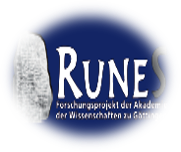
Academy Project “Runic Writing in the Germanic Languages – RuneS”
Contact: Dr Prof Gaby Waxenberger
Email: gaby.waxenberger@anglistik.
Type of Insitution: Research Project-University
website: adw-goe.de/forschung/forschungsprojekte-akademienprogramm/
The Göttingen Academy hosts research projects funded by the Union of the German Academies, in this case the RuneS project. The research units of the projects are affiliated to different universities, in the case of the RuneS research unit Eichstätt-München the Catholic University of Eichstätt-Ingolstadt and the LMU Munich.

Liceo Statale “Curie”
Via Cialdini, 181, 20821, Meda (MB) – Italy
Contact: Davide Digiovinazzo
Email: davide.digiovinazzo.d@liceomeda.it
Type of Insitution: High school
website: www.liceomeda.edu.it
Liceo Statale “Marie Curie” is a secondary high school; it is a scientific, humanistic and
linguistic school. It is designed to give students the skills to progress to any university or
higher educational institution.
Our school will contribute to the exploitation of the results through the use of the projects web
site and of the mapping tools provided by the project. The maps will be used as instruments
for the lessons of ancient history, Latin and Ancient Greek. Our school participates in
international projects together with other (European) schools: during the meetings and the
common working sessions the projects and the maps will be presented to the partners.
Moreover our school will participate in the “Hackathon” organised by the project.
CRP Alta Ribagorça
Barri d’Aragó, 25520 El Pont de Suert – Spain
Contact: Anna Alins Abad
Email: aalins2@xtec.cat
Type of Insitution: Pedagogical Resource Center (Education Department of the Generalitat
de Catalunya, authonimic goverment)
The Pedagogical Resource Centers (CRP) are teams of dynamization and advice of professionals and educational centers for the improvement and educational transformation. The main functions are: The detection, collection and dissemination of reference educational practices of teachers in the area as well as innovative projects of centers. Support for educational networks in the area ensuring equity and inclusion. Support and accompaniment to teachers and schools in the educational use of digital technologies, with the aim of guaranteeing online learning for students.
The program will be disseminated on the website and also in an etwinning project that will begin to be developed this November and which aims to collect all the internationalization actions that are carried out in schools in the province of Lleida. Through the MHM (Mobile History Maps) interactive application.
Etwinning project title: Our International Projects and Multilingual Experiences in an Interactive and Collaborative Map

Eugenio Luján Martínez
Facultad de Filología, Pl. Menéndez Pelayo, s/n, 28040 Madrid – Spain
Contact: Eugenio Luján Martínez
Email: erlujan@filol.ucm.es
Type of Insitution: Universidad Complutense de Madrid
website: https://ucm.es
Eugenio R. Luján is Professor of Indo-European Studies and was Dean of the Faculty of Philology of the Complutense University of Madrid, where he has taught courses on Indo-European and comparative linguistics for more than 15 years. He has been a visiting researcher at the University of Texas at Austin, the École Pratique des Hautes Études at Paris, the Freie Universität at Berlin, and the University of Rome La Sapienza. He has been invited to teach courses at the University of Pavia and the University of Poitiers.
He has published papers and books on a number of different topics in the field of Indo-European and comparative linguistics. One of the main focuses of his research has been Palaeohispanic and Ancient Celtic languages. He has led several research projects in this field and has been involved in the development of the Hesperia databank since its initial conception.
He is member of the board of directors of the Spanish Linguistic Society and belongs to the editorial board of the journals Hispania Epigraphica, Journal of Historical Linguistics, and Revista Española de Lingüística.
Prof. Eugenio Luján will contribute with his experience and expertise during the project. During the first phase of the project, he has offered advice for the collection of inscriptions from the Iberian Peninsula as well as the linguistic information. Prof. Luján has extensive experience in this field and he also is leading one of the research teams in Hesperia. Since some of the collecting work will be done in collaboration with this database, his collaboration will be very valuable.
In the second phase of the project, once the information for ATLAS has been collected, prof. Luján will be able to collaborate in its implementation, checking the ATLAS’s correct functioning and accessibility and incorporating his recommendations into its development.
Finally, he will be able to participate in multiplier events as well as in the dissemination activities. Prof. Luján will present the project and its results to both his students and his fellow researchers.
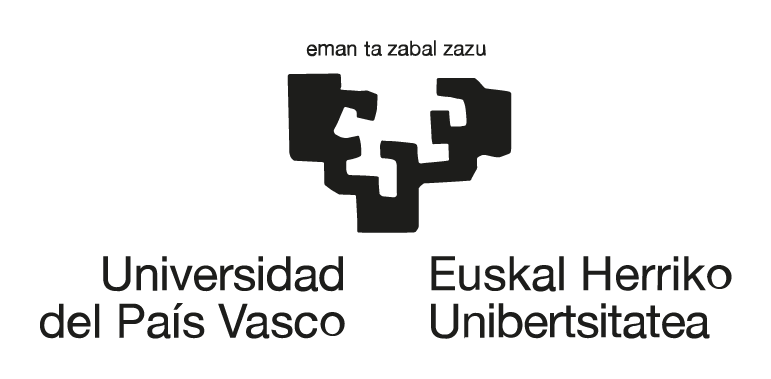
Universidad del País Vasco-Euskal Herriko Unibertsitatea
Paseo de la Universidad, 5, 01006 Vitoria-Gasteiz – Spain
Contact: Joaquín Gorrochategui Churruca
Email: joaquin.gorrochategui@ehu.eus
Type of Insitution: Universidad del País Vasco-Euskal Herriko Unibertsitatea
Joaquín Gorrochategui is Doctor in Classical Philology (Univ. of Salamanca 1982) with a dissertation about Indigenous Onomastics of Aquitaine, under supervision of Prof. Michelena. He continued Post-Graduate studies at the University of Bonn (1985-86) about Celtic languages, under the direction of KH Schmidt. He has been visiting scholar at the University of Wales (Aberystwyth), in the Ausonius Institute at the University of Bordeaux and at the University Tor Vergata (Rome), and Guest professor at the Ecole Pratique (Université de la Sorbonne).
In the field of historical linguistics, his main activity has focused on the understanding of the language situation in Western Europe in antiquity, combining the primary linguistic and historical data. He has studied the most ancient phases of Basque documented through onomastic remains from Aquitania and northern Spain, as well as the epigraphic data concerning Palaeohispanic languages like Celtiberian. Lusitanian and Iberian. He has paid attention to (dialectal) classification of the some of these languages, and to aspects of language contact in the Western Roman Empire: the impact of Latin in indigenous languages, processes mutual accommodation and
transfer, identity, etc.
He has been editor of Veleia (1984-2012) and member of the editorial board of several journals, among them Aquitania, Palaeohispanica and Veleia. Since 2012 he is the responsible of the Hesperia online databank, whose main objective is the edition and study of all the linguistic remains concerning the ancient languages of the Iberian Peninsula.
Professor Gorrochategui, as an expert in ancient Indo-European languages in the Iberian Peninsula, as well as in the Basque-Aquitanian language, will contribute with his advice in the elaboration of the corpus that will serve as the basis for the digital Atlas. In addition, his experience in directing the Hesperia database will be of great value, both in checking the digital Atlas and its correct operation, as well as in the correct orientation of its design, especially from the point of view of its scientific use. In addition, his role is essential for the exportation of data from the Hesperia database.
Lastly, Professor Gorrochatebui will contribute to the dissemination of the project in congresses or scientific meetings, as well as in his teaching activity.
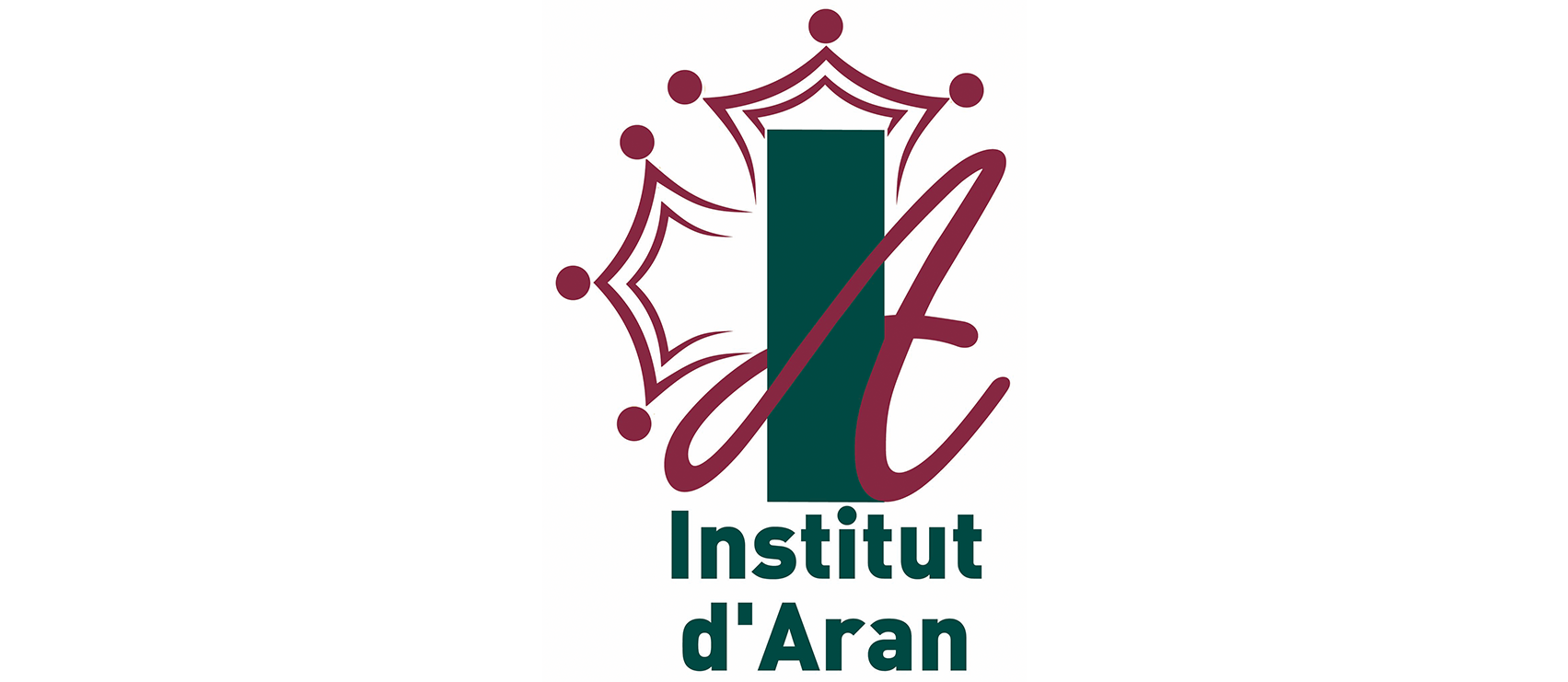
Institut d’Aran
Crta. Betren s/n, Vielha – Spain
Contact: Carmen Roy Santos
Email: croy@xtec.cat
Type of Insitution: Secondary school
website: https://agora.xtec.cat/iesaran/
We are a public Secondary School with about 500 students and 50 teachers, situated in the Northern part of the Pyrenees, in the Aran Valley. We are proud to have 3 official languages, including Spanish, Aranese and Catalan, and being only at 20 kilometres with France, this creates a unique multicultural and multilingual teaching environment.
We will share information on the project and are willing to take part in whatever activities come along with this project where we may be needed.
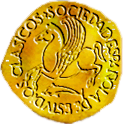
Secció Catalana de la Sociedad Española de Estudios Clásicos
[Catalan Section of the Spanish Society of Classical Studies]
Gran Via de les Corts Catalanes, 585 — E-08007 Barcelona – Spain
Contact: Víctor Sabaté Vidal
Email: vsabatev@gmail.com
Type of Insitution: Non-profit entity
website: http://seec.cat/
The Secció Catalana de la Sociedad Española de Estudios Clásicos [Catalan Section of the Spanish Society of Classical Studies] is a non-profit entity which aims to promote the knowledge on the Classical world and on its lasting presence in Catalonia, strengthen the presence of Classical culture and languages in the educational system, contribute to the scientific and educational updating of Classical languages teachers, and disseminate theresearch carried out in our country.
• Exchange of experience and expertise during and after the project
• Participation in the Dissemination of the project information
• Promotion of the information about the project to our network of contacts
• Contribution to exploitation and sustainability of the project results

Institut Narcís Monturiol
Carrer Harmonia, S.N. E-08007 Barcelona – Spain
Contact: Carina Garcia Codina
Email: cgarc228@insmonturiol.cat
Type of Insitution: Secondary School
website: www.insmonturiol.cat
Our Secondary School is located in the upper part of Barcelona, at the foot of the Collserola mountain range, in the Montbau neighbourhood. It was inaugurated in 1968 and currently has
360 students between the ages of 12 and 19 and 36 teachers.
Our institution will contribute to the dissemination of the SELECT project through information
on its website. In addition, he will use his final product, the Atlas Digital application, in some
social science subjects with his students, and will contribute to its fine-tuning, error detection,
and search for pedagogical applications.
